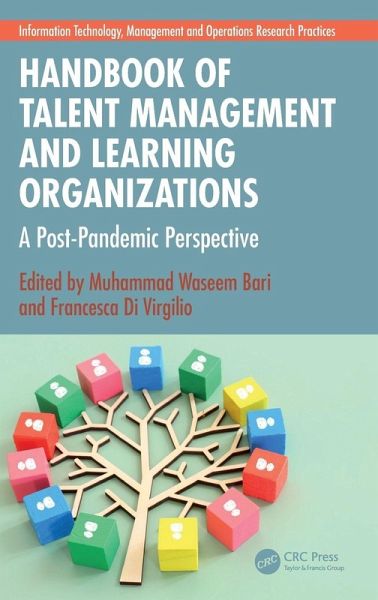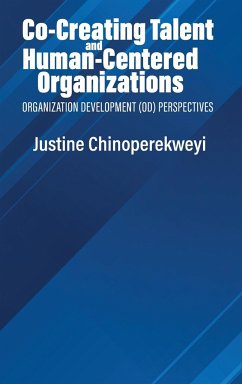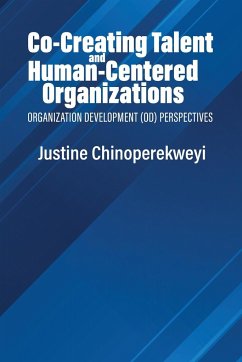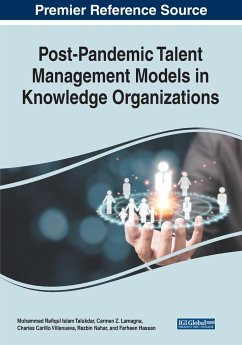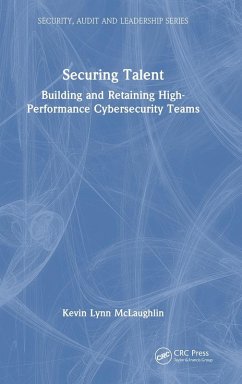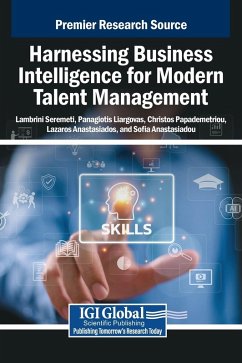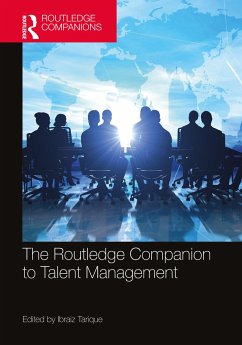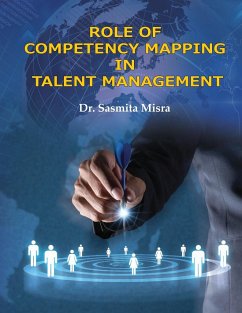Dr. Muhammad Waseem Bari is an assistant professor at Lyallpur Business School, Government College University Faisalabad, Pakistan. He attained his Doctorate in Business Administration, specializing in human resource management, from the esteemed Beijing Institute of Technology, P.R. China. Dr. Waseem has distinguished himself through the publication of numerous scholarly articles in prestigious, high-impact journals. He is the esteemed editor of nine books with renowned publishers, encompassing tourism, organizational performance, and knowledge management. Furthermore, Dr. Waseem holds the positions of guest editor for Frontiers Publishers and article editor for Sage Publications, in addition to being a reviewer for several eminent journals. His scholarly contributions are further evidenced by his numerous publications in leading SSCI journals. Dr. Waseem's extensive experience spans the banking and FMCG industries, and he is also recognized as a corporate trainer and consultant. His principal research interests include knowledge management, psychological contracts, innovation, organizational change, and tourism. Dr. Francesca Di Virgilio is a full professor (tenured) of organization design and human resources management at the Department of Economics at the University of Molise, Italy. Her PhD is in organization, technology, and development of human resources. She's the rector's delegate for placement and technology transfer activities and the coordinator of PhD courses in "Law and Economics". She has successfully supervised and examined several master's and PhD theses (national and international) in the area of HRM. She has more than 20 years of teaching experience at undergraduate, graduate, and master's level. She is a board member of many international research excellence networks. She has more than 50 publications in national and international academic journals, chapters in various edited books, and national and international books. She is the reviewer of some academic international journals and an editorial board member of national and international academic journals. She has presented more than 30 papers at national and international conferences, including expert sessions as a keynote speaker. Her current research focuses on human resources management, organizational behavior, and knowledge management.
